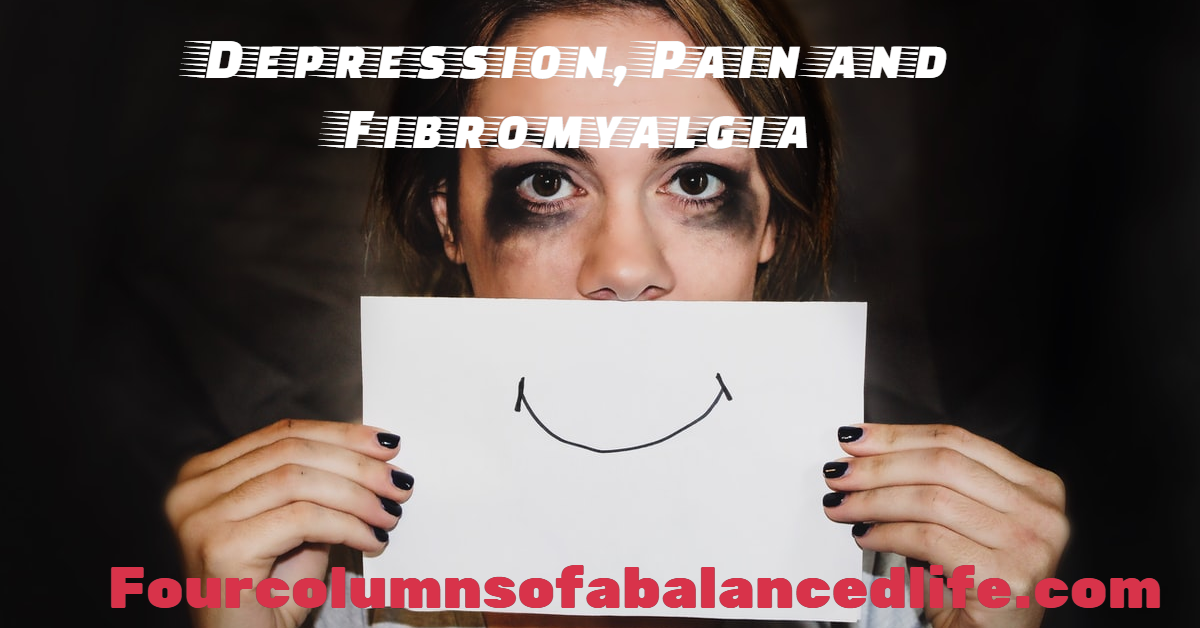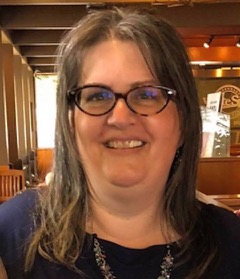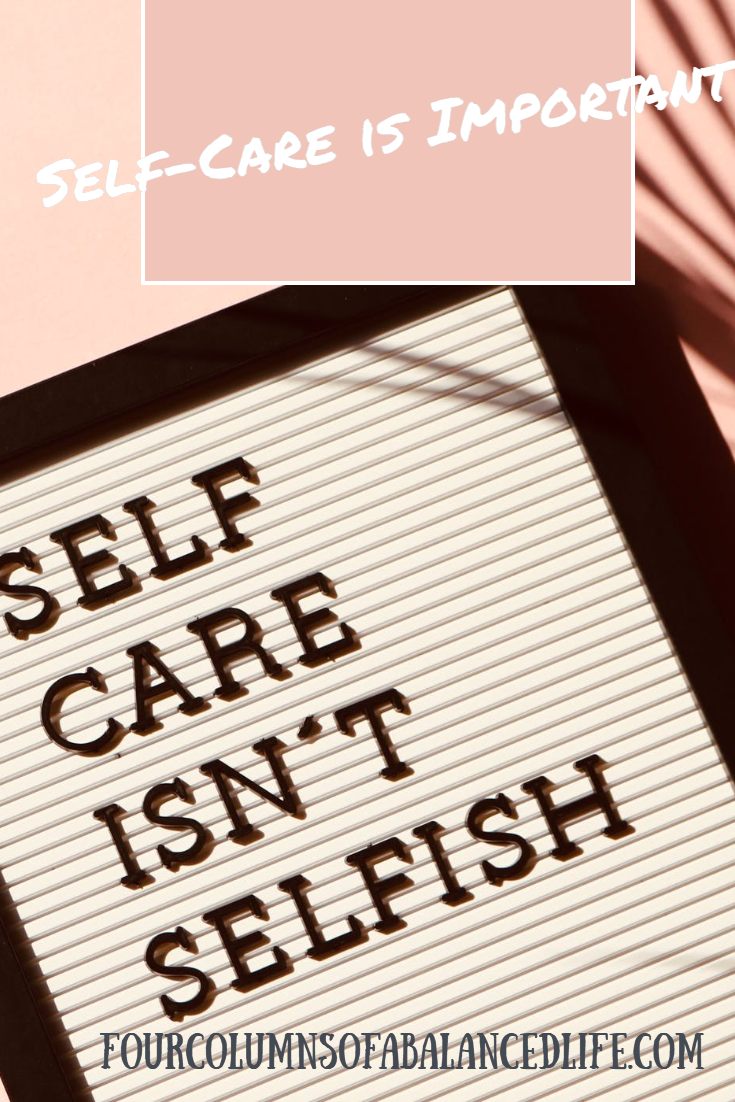Chronic Pain Meets Bipolar Disorder

I hate emotional, mental, psychological, and physical pain. I have been in sales all my life. I have always tried to be out of my self and positive.
During my 20s, I realized a very close female friend was moody. I heard a lot of insensitive words. As time went on two of my cousins were diagnosed with depression. Someone I worked with, his daughter was cutting her wrist every couple of months.
One day I got home and my wife told me some shocking news. The wife of a very close friend of mine had called. She informed my wife that she was leaving my friend. She also shared that she is bipolar. After dinner, I did some research about being bipolar. I called my friend and asked what is going on. As we got together for some meals, some of the issues he was sharing about his wife were classic symptoms of being bipolar.
As a society, we need to become sensitive to mental health. Instead of saying ‘get over it’, ‘it is all in your head’, let us help them and be their friends. As a podcaster, one of the most downloaded episodes is on mental health.
I am so grateful to talk to Pam, who talks to me about depression, pain, and fibromyalgia.

Pam, you talk about a lot of taboo topics on There is Always Hope. Let’s start with bipolar disorder. Tell me what it is, the medication and how can we help someone who is bipolar?
Bipolar disorder, also known as manic-depressive illness, is a brain disorder that causes unusual shifts in mood, energy, activity levels, and the ability to carry out day-to-day tasks.
There are four basic types of bipolar disorder; all of them involve clear changes in mood, energy, and activity levels. These moods range from periods of extremely “up,” elated, and energized behavior (known as manic episodes) to very sad, “down,” or hopeless periods (known as depressive episodes). When I am without my medication, I can swing from feeling very high and elated to very low and depressed in a matter of hours. During the high periods, people tend to feel “fearless” and capable of doing anything – I like to shop and it can quickly spiral out of control financially if my husband doesn’t help me rein it in. I shop online at night so he doesn’t know and have to really force myself to step away from the computer, so I don’t do damage to our finances. I also have incredible energy and in the manic phase, I don’t sleep. My record is 8 days of being awake without any sleep…I do a lot of online stuff, I write a lot, I clean the house at 2 am, I eat more and generally just find a lot of things to keep me busy.
During the down periods, I don’t leave the bed…I can stay in bed for days without eating and hygiene goes out the window. All I want to do is sleep. I get confused easily and also get angry – I just want to be left alone.
I have been on 3 different medications so far including Quetiapine (Seroquel), Ariprazole (Abilify) and now Ziprasidone (Zeldox). There are other meds that can be tried, but all of them are designed to balance the chemicals in the brain that cause Bipolar Disorder. I had to come off of the first two meds because of side effects including auditory hallucinations, but the Zeldox seems to be working fine. I haven’t had any manic or depressive phases for almost 6 months now. It’s a huge relief!!

A very close female friend of mine got diagnosed with fibromyalgia and chronic fatigue syndrome. What is it and how can we help those around us?
Fibromyalgia is a condition where widespread pain is felt in the muscles in the body. It’s diagnosed using “tender points” – there are 18 tender points throughout the body and if you have pain in at least 11 of them, you likely have Fibro. There are no other tests for it, although there are some blood tests being touted as showing whether you have Fibro or not. There still needs to be research done and more long-term use to determine if they work or not.
I feel my pain as a deep aching throbbing sensation and I have it predominantly in my legs and arms. It feels like my muscles are encased in concrete that I have to drag around all the time. I have other health conditions that make walking difficult, but I use a cane and a walker, partly because of my Fibro. Fibro causes a huge amount of other problems, such as Fatigue, Tremors, Sweating, Nausea, Faintness, Intestinal issues, and more. I am unable to regulate my body temperature, so I can have cold arms and goosebumps, yet be sweating from feeling overheated at the same time.
There are three meds that have been approved for use in Fibromyalgia, including Cymbalta, Lyrica, and Savella. They all work on the brain and how it perceives pain, and all of them have side effects that can include weight gain, nausea, and something called Brain Zaps, where you feel an electrical current zap through your head really quickly. Doctors are also prescribing sleeping drugs and anti-anxiety meds to help bring relief, and some doctors prescribe pain meds as well, although these typically don’t help with the Fibro pain.
The best way to help someone who has Fibro is to believe them. There are still doctors today who don’t believe it exists, because there is no standard test for it. Support the person as they need it, whether it be practical help or emotional help. Encourage them to get gentle exercise every day, as movement is helpful, even if it hurts – it prevents the muscles from becoming atrophied. A proper diet and small meals are good to prevent nausea and staying in touch with people helps prevent loneliness and disconnection from others. Having Fibro can be very isolating
I hate any sort of emotional or physical pain. You deal with it daily. Walk me through a day in your shoes and what are the challenges?
The main challenge I face each day is not knowing how I’m going to feel at any given point. I can wake up in the morning with some energy and have that totally gone within the morning. I can wake up in pain, but as the day goes on, I start to feel better. There’s no rhyme or reason and so it’s impossible to plan for the day. I often have to cancel plans because I was feeling fine when I made them, but then have gone downhill by the time it’s time to go out.
I have Painsomnia which is insomnia because of Pain. I tend to be up in the wee hours of the morning, and then not sleep much so when I get up at 7 am to take my morning medications, I usually get up out of bed for a while. I go online and check my blog, check out Facebook, etc. and have breakfast. I then try to do some minor chores around the house…the breakfast dishes, or sweeping, etc. My husband does most of the big stuff including making dinner. After morning chores, I lay down and sleep again for a few hours. Once I’m up, I tend to spend time working on my blog, or other writing that I’m doing for other publications. I’ll watch something on Netflix or read for a while and then nap again in the afternoon. Dinner is generally at 7 pm, and I’m in bed by 9 pm, knowing I’ll wake up at 2 am and be up for a few hours. I generally read or do more blog work in those hours.
On the days my husband is home we try to get out for a motorcycle ride as often as we can. I can last for about 4 hours total, so we do that once or twice a week. I also walk to the library once a week using my walker. I treat myself to something at Starbucks when I go, to make it an even nicer incentive.
I also do a lot of volunteer work so I have various commitments to those engagements. I travel from my home in Langford BC to Vancouver BC at least once a month for a committee meeting, and then I work with a partner to do some online work for a second committee I belong to. A third committee meets every two months in person in Victoria, near my home, and I’ve just signed up to become a Patient Counsellor by phone for PainBC. I’m on permanent disability from my job, so these things help me stay in touch with the world while working at my own pace.

You are a published author; you write for many publications and you are an evangelist for pain management. How has the response been to your approach?
I have received an excellent response to my efforts. My blog pamelajessen.com is thriving and getting good traffic, and I was recently nominated for three WEGO Health Awards including Best In Show: Blog. I do a lot of networking with other bloggers and I’ve had a great response to the articles I’ve written for The Mighty, PainResource.com, and The Zebra Pit, among others.
I love all the comments I get on my posts and it shows me that I’m reaching people with my message of There Is Always Hope. My whole goal in blogging is to help others who live with Chronic Pain and Invisible Illnesses and the feedback has been excellent. I want to keep improving and build the blog even bigger. I’m becoming “known” in the online health world and that’s a huge thing for me!!
I love your blog. There is always hope. I believe in peace, patience, kindness, gentleness, compassion, gratitude, forgiveness, and hope. How can these qualities help someone coping with pain?
Living with Chronic Pain can be so demoralizing. We’re treated badly by doctors who don’t believe us, we’re forgotten about by family and friends who tell us to just get over it…. it’s hard to remember that we’re worthy of good things when life just seems to keep beating us down. Focusing on things like peace and kindness and compassion helps us to remember that others are going through tough times too, and we need to give them space to be. If we’re gentle with ourselves we then can be forgiving of others.
We also need these qualities to be good to ourselves, so we’re not crushed by the weight of despair. When your life is pain, day in and day out, it can be hard to see the good things in life, so you have to be mindful and active in your emotions to counteract the negatives.
Some times we are so focused on taking care of other people, we forget ourselves and burn out. How important is self-care?
Self-care is huge and goes along with the qualities mentioned above. It’s the Oxygen Mask Theory – you always put your own mask on first before you help others. You have to do the things that make you feel good, so you’re not consumed by the pain you live with. Find the things that help you…essential oils, hot baths, exercise, time with a loved one…whatever makes you feel good, and then do more of it. It’s so easy to wallow in pain, but that does nothing for anyone and just makes you hurt more.
A lot of what you talk about is pain. Does psychosomatic, not dealing with issues and stress plays a role also?
Absolutely!! Stress is directly linked to Chronic Pain so you have to find ways to deflect it and remove it from your life. It goes back to Self-care in a lot of ways…you have to be doing things that help to make you feel better in order to feel less stressed. There are always going to be stressful situations, but it’s how you deal with them that matters. I find a good sense of humor goes a long way here. I am also a Christ Follower, so prayer is big in my life as well.
You can’t ignore the fact you are dealing with tough problems either. Pretending you’re not in pain doesn’t help…it just prevents you from getting the best care you can. You have to be realistic about your life and what you can and can’t do. Sometimes that means tough choices like giving up a job or a hobby and while that seems depressing at the time, it can often evolve into something better. I had to go on Long Term Disability in 2009, giving up a career that I adored. I was at the top of my game and it all came to a crashing end. I sank into a deep depression but after some time, I found volunteering and that became my new “work”. I love it and feel perhaps more fulfilled than I did working. I get more out of it now because it feels more meaningful.
Loneliness is chronic in our society. How does going to the gym, volunteering help dealing with pain and loneliness?
Loneliness is a huge problem in our society and living with Chronic Pain can make it even worse. When you’re not able to leave your house, everything seems to be dependant on other people to curb your loneliness. I recommend to people that they try and find a volunteer position if they can, or try to make dropping into a community center, social hour, or exercise program a regular thing. Take an online class, join a support group…do whatever it takes to be social. You have to make the effort; you can’t expect everyone to just drop things to come to you. Being surrounded by like-minded people can help you feel more connected to others. Even if all you can do is an online group, that’s still something. Be an active participant in that group and you’ll find yourself feeling better than if you didn’t reach out at all.
